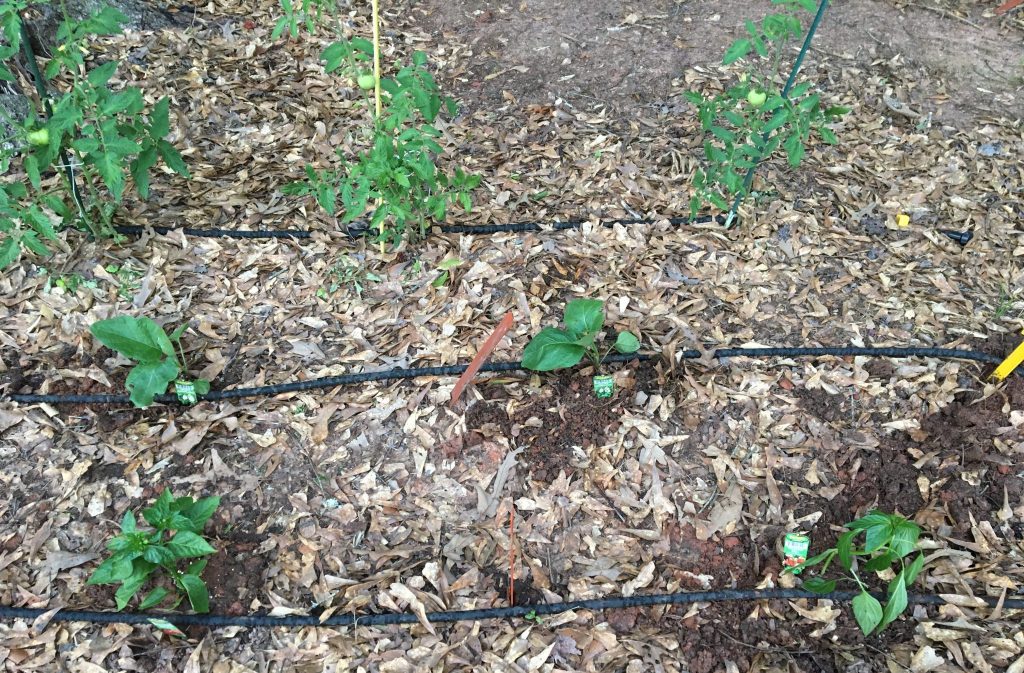
One of the first steps to conducting a sustainable integrated pest management system is timely irrigation.
If plants aren’t watered adequately and on a timely basis, plants can become stressed, making them more vulnerable to insect pests, according to Ayanava Majumdar, Extension Professor in Entomology and Plant Pathology at Auburn University.
He offers a few tips for water management in vegetable production:
- Always direct water close to plant roots. This is typically not a problem for most producers since they utilize a drip irrigation system. Sprinklers are an option, though, there’s risk of foliar diseases with uneven water application in the late growth stages.
- Keep the vegetable leaves dry to reduce pathogens and insects. Overhead irrigation wets the foliage and makes the conditions more favorable for disease development. Overhead irrigation can dislodge aphids and drown spider mites, but you lose water to evaporation and increase risk of disease.
- Use mulch. It’s important to use mulch on the top soil to hide the irrigation system and reduce evaporation. With mulch, the soil can retain moisture, and it reduces weed seed germination and soil erosion. It is also essential to pay close attention to the thickness of the much. Too much water under a thick mulch hurt plants and harbor insect pests, such as armyworms.
- Use chemigation. Chemigation is an effective tool. Farmers can direct water and insecticide with drip irrigation or a contained system. It can reduce labor costs and the amount of insecticide needed.









